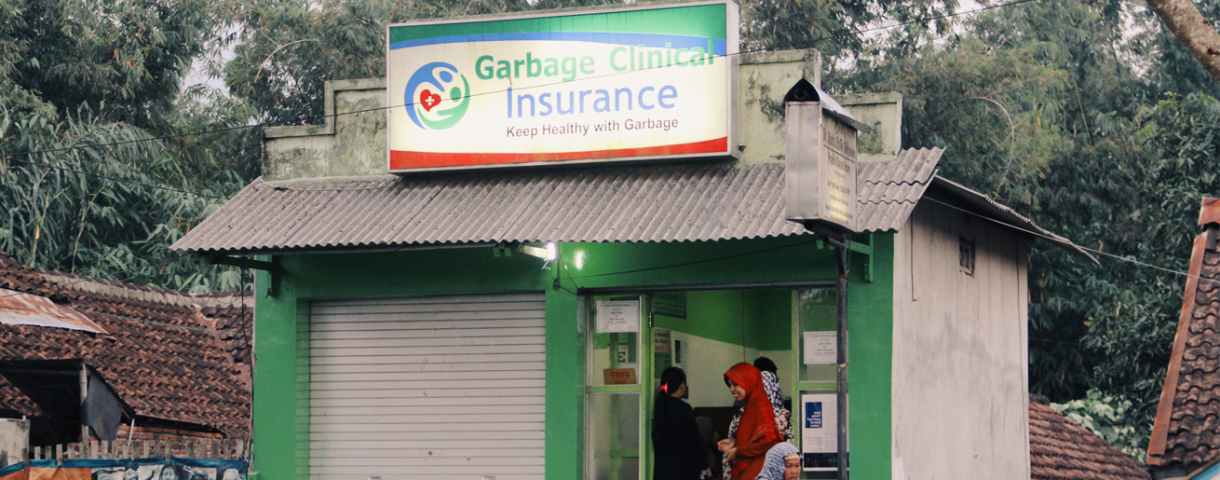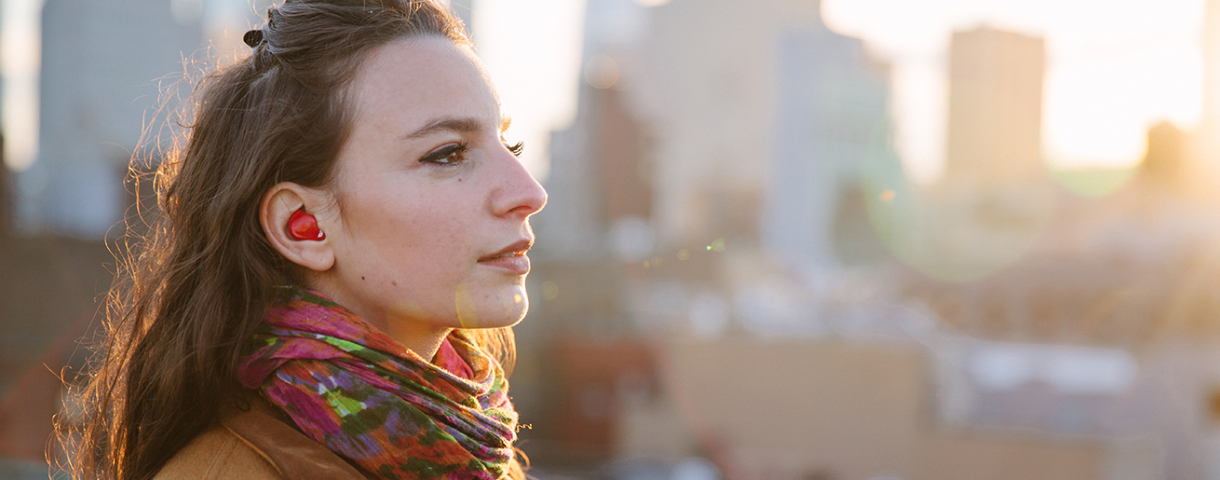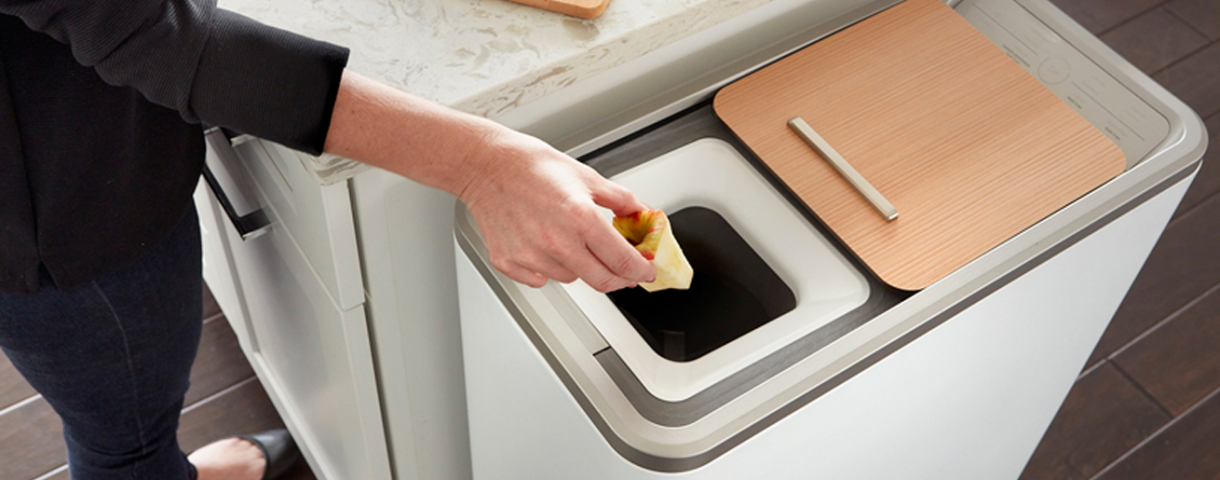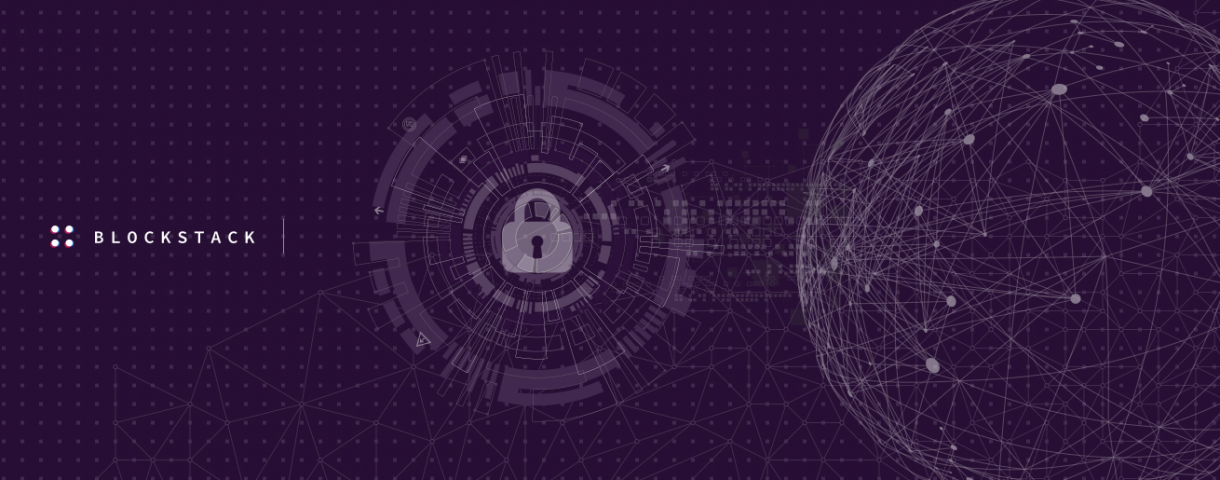Indonesia has the world’s 4th highest population of approximately 263 million people. Almost half the Indonesian population survives on less than US$2 a day, and 60% are without basic health coverage. With a garbage output of 200,000 tons a day, Indonesia ranks as the second highest generator of plastic waste worldwide.
Garbage Clinical Insurance (GCI) is a micro health insurance program which uses recyclable waste as a financial resource. Individuals with low-incomes collect garbage from the streets and bring it to GCI. The separated garbage is then sold onto waste companies and collectors; organic waste is used for animal feed, inorganic waste can be converted to upcycling products and then sold for a higher amount. The individual is then “paid” in the form of a medical health insurance, and this way communities are able to pay for clinical services by using garbage as payment in an insurance context.
For as little as 0.66 Euro per month, an individual is given access to healthcare, rehabilitative healthcare, basic free treatment, in-clinic counseling and laboratory checks, for example. Garbage Clinical Insurance predominately targets waste collectors and encourages the community to mobilize their own unused resources to improve access to health services. Further, the program breaks down barriers between health facilities and community members.




